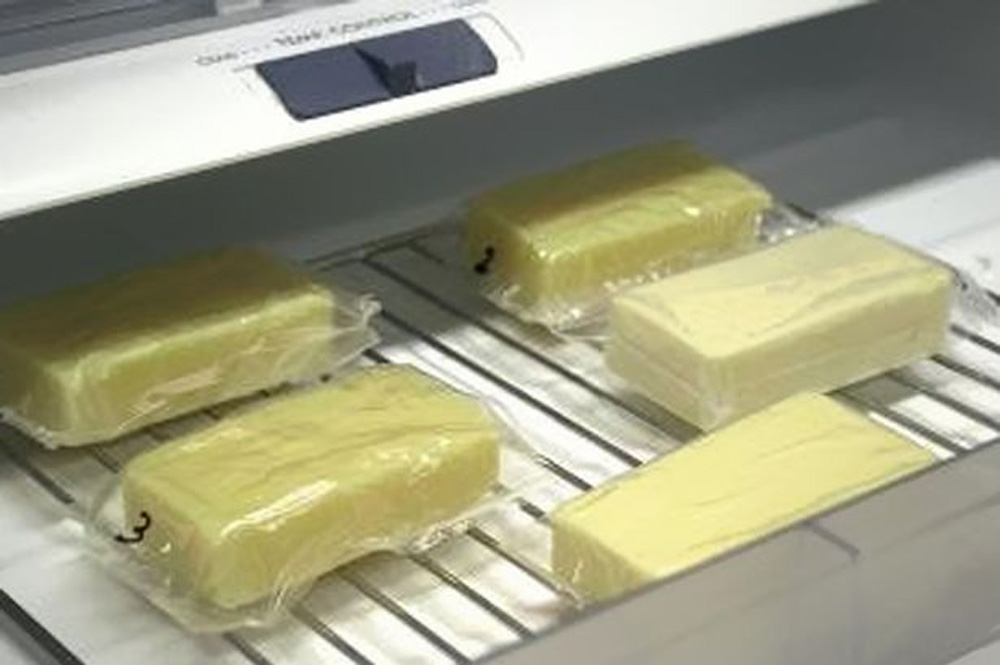US Scientists have developed an edible cling film made from milk protein that is more effective at preventing oxygen exposure than other forms of edible packaging currently on the market. The research team involved in the project presented their findings last week at the 252nd National Meeting & Exposition of the American Chemical Society.
Edible packaging is no new phenomenon, although most current forms available have reduced effectiveness due to being made primarily from starch. Starch allows oxygen to seep through the packaging, which causes food to spoil. There is also a concern that using such products could lead to potentially harmful compounds being leaked into foods.
Dr Peggy Tomasula, lead researcher from the United States Department of Agriculture said: “The protein-based films are powerful oxygen blockers that help prevent food spoilage,”
“When used in packaging, they could prevent food waste during distribution along the food chain.”
It is believed that the packaging is 500 times more effective than current products available on the market. It contains small pores which create a tighter network to keep oxygen out in order to keep food fresher for longer.
Co-Researcher Dr Laetitia Bonnaillie said: “The coatings applications for this product are endless. We are currently testing applications such as single-serve, edible food wrappers.
“For instance, individually wrapped cheese sticks use a large proportion of plastic – we would like to fix that.”
The new edible cling film is made from casein, a protein found in milk, meaning it will be both biodegradable and safe for human consumption. Nutritious additives could also be added to the cling film, including vitamins and probiotics.
The packaging will also include citrus pectin to make it stronger and more resistant to humidity and high temperatures.
The product would also address environmental issues surrounding the growing amount of discarded plastic that is dumped on landfill sites every year.



